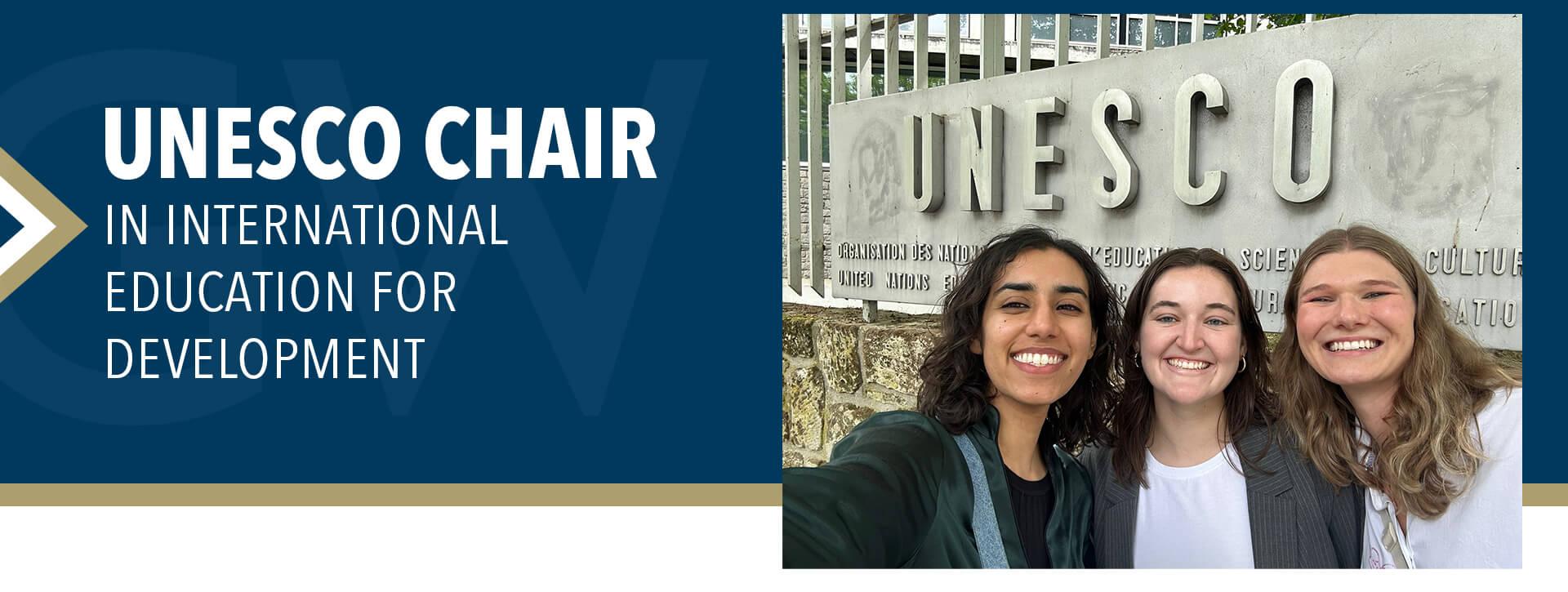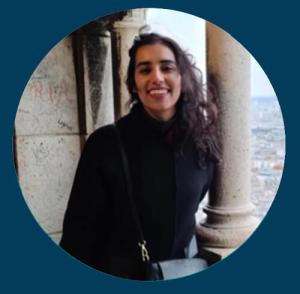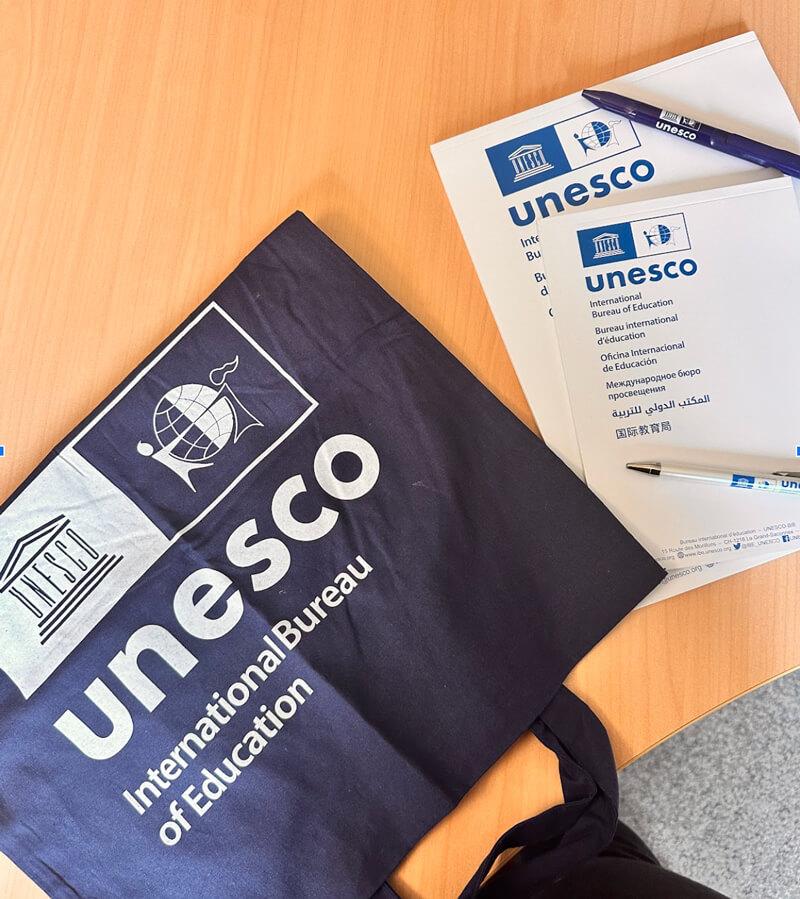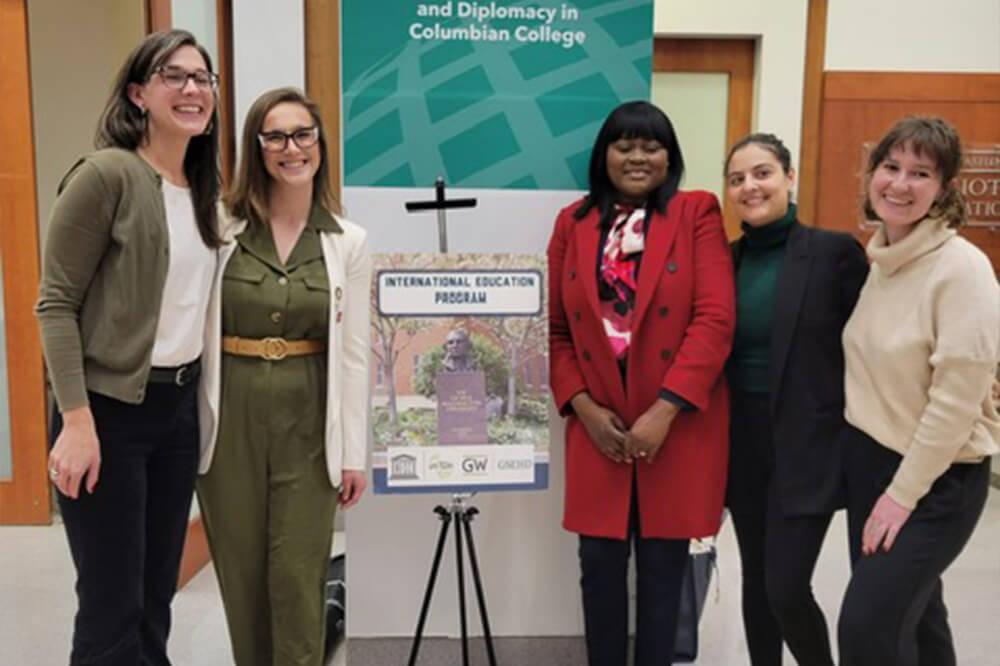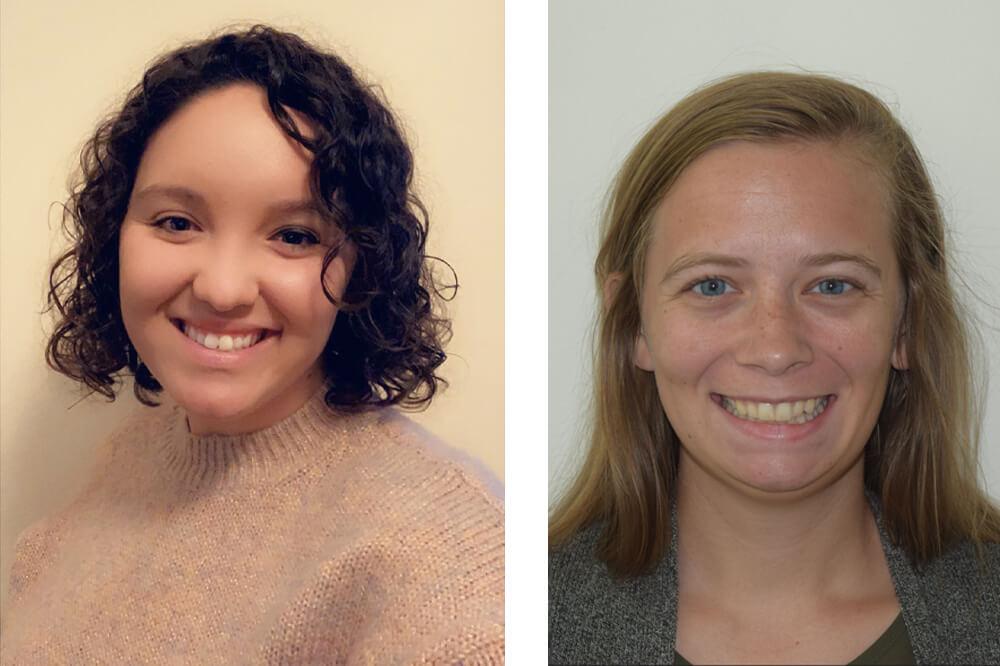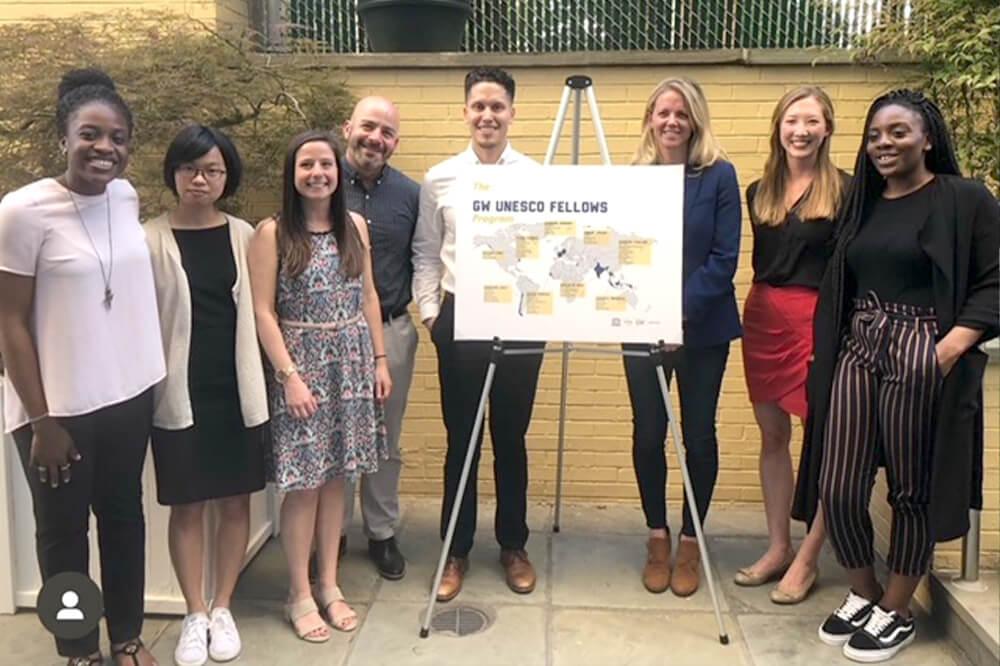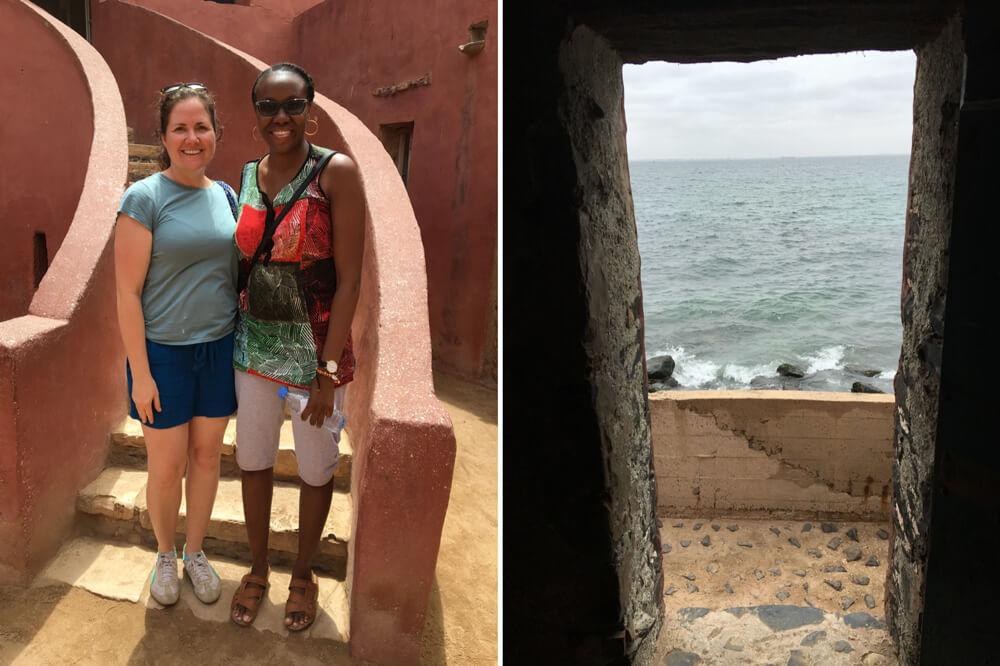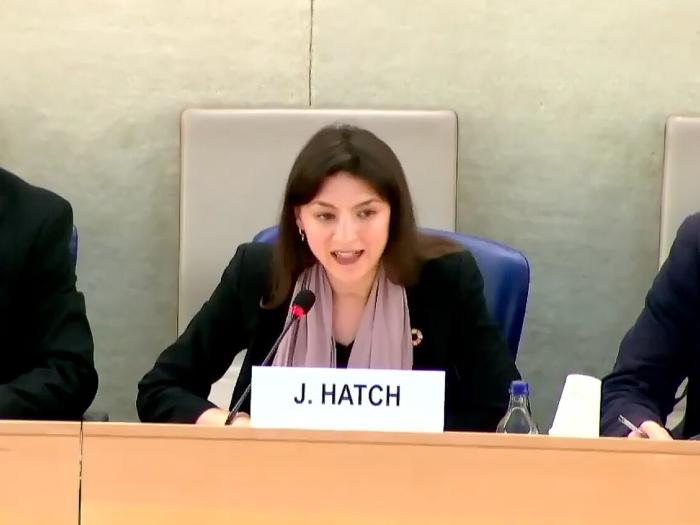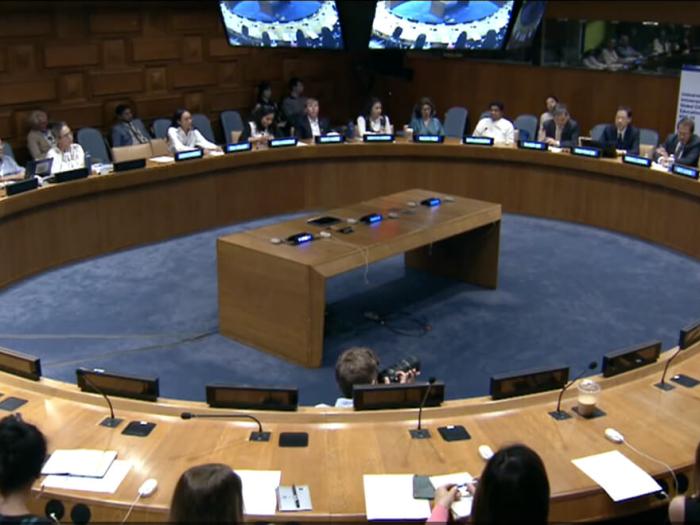UNESCO Chair & Fellowship
UNESCO Chair
Established in 2014, GSEHD’s UNESCO Chair in International Education for Development supports a program of international collaboration, research, outreach, teaching, and mentoring of a new generation of students in international education and international affairs.
It is a designated UNESCO Chair under the UNITWIN/UNESCO Chairs Program, which promotes international inter-university cooperation and networking to enhance institutional capacities through knowledge sharing and collaborative work. The Chair is housed within GSEHD’s International Education Program. Its aims include:
- generating new knowledge in highly significant policy and research topics in international education and international affairs;
- engaging with international communities through GSEHD's visiting scholars program, our partnerships, joint courses, and webinars with UNESCO Chairs in the US and worldwide;
- building capacity among students in international education and international affairs through the GW UNESCO Fellows program; short term study abroad courses; and direct engagement with faculty research labs: Refugee Educational Advancement Lab (REAL) and Global Education Lab.
Celebrating the 10th Anniversary of the GW UNESCO Chair in International Education for Development
Colleagues from around the world and past GW UNESCO fellows share their congratulations and highlights of their experiences in honor of this 10-year milestone.
- Publications
Citizenship Education in the Global Digital Age: Thematic Paper (2022)This document, prepared by UNESCO’s Section on Global Citizenship and Peace Education with the contribution of Laura Engel and Evelyne Koumtingue, is part of several thematic papers developed by UNESCO to inform the Revision of the 1974 Recommendation concerning Education for International Understanding, Co-operation and Peace and Education relating to Human Rights and Fundamental Freedoms.
Where are the Immigrant Girls? (2016)
Theophania Chavatzia (UNESCO), Laura Engel (The George Washington University), and Dirk Hastedt (IEA)
Girls and women, especially the most vulnerable, are more likely to be excluded from education than their male counterparts. Exclusion and gender disparities in access to and performance in education are also observed among immigrant children, with immigrant girls often being the most disadvantaged. Data from the IEA’s Trends in Mathematics and Science Study (TIMSS) 2011 for lower secondary schools (Grade 8) show that in certain countries in Asia, Eastern Europe, and the Middle East and North Africa (MENA) region, the percentage of immigrant girls enrolled in schools at the lower secondary level is much smaller than that of immigrant boys. For example, in several countries (such as Iran, Romania, Chinese Taipei, Lithuania, and Turkey), more than half of immigrant girls are not enrolled in schools. This unequal access threatens gender equality in educational outcomes within the immigrant population and hinders overall development efforts towards the attainment of the sustainable development goals (SDGs) (or ‘the 2030 Agenda for Sustainable Development’). Policymakers need to identify and address the underlying factors preventing immigrant girls from exercising and benefiting from their right to education.
UNESCO's Origins, Achievements, Problems and Promise: An Inside/Outside Perspective from the US (2015)
GW’s UNESCO Chair in International Education for Development recently published UNESCO's Origins, Achievements, Problems and Promise: An Inside/Outside Perspective from the US by Raymond Wanner in collaboration with Mark Bray of the Comparative Education Research Centre (CERC) and the UNESCO Chair in Comparative Education at the University of Hong Kong. GSEHD faculty from the International Education Program wrote the foreword of this unique volume, released on the 70th anniversary of the founding of UNESCO. Told from the viewpoint of a sympathetic yet critical insider from the U.S., the book tells the story of UNESCO's role in preserving and advancing the best of humanity’s achievements in education, science, and culture. Offering a glimpse into the inner workings of an important international organization, the book takes a close look at the relationship and history between the United States and UNESCO. Featured topics include the perspectives of scientists, scholars, and preservationists that have played a part in UNESCO's efforts to improve international cooperation in education, the sciences and cultural domains.
- Research
Research associated with the UNESCO Chair is part of two research labs:The GW UNESCO Chair partners with other Chairs worldwide in different research projects.
GW UNESCO Fellows Program
The UNESCO Fellows program places graduate students in 3 month intensive internships at UNESCO regional/field offices and institutes around the world. Since 2015, the program has enabled 50+ students to gain essential professional and international experience in 15 countries worldwide, including in Chile, Germany, Costa Rica, Thailand, Korea, and Switzerland.
Through their experiences, Fellows directly contribute to UNESCO’s work in addressing some of the leading educational, environmental, and social issues, including promoting social inclusion, gender equity, education for sustainability, and community development. Students gain valuable professional and academic skills to enhance their career readiness. These skills include cross-cultural competence, communication, leadership, policy dialogue among various stakeholders, community development, and monitoring and evaluation.
Students are selected through a competitive multi-step process involving first a review panel of GW faculty and second the UNESCO internship application process.
To learn more about the program, contact iep![]() gwu [dot] edu (iep[at]gwu[dot]edu). Hear about the Fellows' experiences by reading their blog posts (linked under "Meet the Fellows" below).
gwu [dot] edu (iep[at]gwu[dot]edu). Hear about the Fellows' experiences by reading their blog posts (linked under "Meet the Fellows" below).
I have very much appreciated my experience because I have had the opportunity to be more involved with content creation that helps push forward and communicate UNESCO’s work within the Global Citizenship and Peace (GCP) Section to advance their efforts for transforming education that is based on peace and human rights.
MAHA MALIK
2022 UNESCO Fellow, Paris
Meet the Fellows
Visit each cohort's blog to learn more about each Fellow and their experiences within the program.
- 2025
- Image
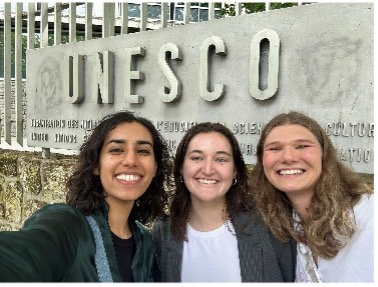
- Mia Cleary: Santiago, Chile
- Isabelle Cooksey: Seoul, Korea
- Lily Griffin: San Jose, Costa Rica
- Meagan O'Malley: Paris, France
- Megan Ward: Hamburg, Germany
- 2024
- Micha Aime: Seoul, South Korea
- Kseniia Tishkus: Seoul, South Korea
- Oummou Diallou: Geneva, Switzerland
- Jacqui Hatch: Geneva, Switzerland
- 2023
- Caroline Rakus-Wojciechowski: Santiago, Chile
- Zineb Haimoud: Rabat, Morocco
- Jessie Wetherby: San Jose, Costa Rica
- Sara Cohn: Hamburg, Germany
- Isabella McCallum: Bangkok, Thailand
- Gabriella Osei-Poku: Washington, DC
- 2022
- O. Abiola Akintola: Washington, DC
- Jiyi Choi: Hamburg, Germany
- Maha Malik: Paris, France
- Stacy Peralta-Ortiz: Santiago, Chile
- Hayley Pottle: Jakarta, Indonesia
- 2020
- Abby Anaya: Hamburg, Germany
- Katharine Summers: Jakarta, Indonesia
- 2019
- Brynn Acker: Bangkok, Thailand
- Dave Childress: Paris, France
- Kyle Hall: Hamburg, Germany
- Maggie Montgomery: Santiago, Chile
- Renny Osuna: Santiago, Chile
- Stephanie Roach: Yangon, Myanmar
- Justin Rotundo: Amman, Jordan
- Jonathan Yoo: Jakarta, Indonesia
- 2018
- Nelsey Affoum: Dakar, Senegal
- Courtney Argenti: Bangkok, Thailand
- Matthew Brady: Jakarta, Indonesia
- Rebecca Johnson: Santiago, Chile
- Tamara Oki: Paris, France
- Melquin Ramos: Santiago, Chile
- Emily Silverberg: New Delhi, India
- Meng Zhou: Hamburg, Germany
- 2017
- Victoria Barone: Dakar, Senegal
- Suzanne Fils-Aime: Hamburg, Germany
- Melissa Glynn: Bangkok, Thailand
- Aishwarya Khurana: New Delhi, India
- Kelsey Sherbondy: Paris, France
- Elizabeth Solem: Amman, Jordan
- 2016
- Marie Louise Balo Lou: Dakar, Senegal
- Jennifer Romba: Bangkok, Thailand
- Elena Saavedra: Havana, Cuba
- Katherine Tek: Dakar, Senegal
- Nora Tomlinson Weintraub: Paris, France
- 2015
- Maggie Appel-Schumacher: Bangkok, Thailand
- Chloe Bacon: Santiago, Chile
- Yishan Ding: Jakarta, Indonesia
- Ebote Adiang Ngulle: Washington, DC
- Nichole Saad: Amman, Jordan
I assisted in developing a global citizenship curriculum, a really cool and inspiring project. I learned a lot about how international organizations plan events, hire consultants, and budget for projects.
EMILY SILVERBERG
2018 UNESCO Fellow, Mahatma Gandhi Institute for Education and Peace,
New Delhi, India
Meet the GW UNESCO Team
Dr. Laura Engel
UNESCO Chair in International Education for Development
Dr. Engel is a Professor of International Education and International Affairs, and she directs GW's Global Education Lab. She was named a Fulbright Scholar stationed in Costa Rica in 2023-24. As a policy sociologist, her interests focus on the influence of global education policy trends in national and regional systems, with specialization in federal systems.
Dr. Jihae Cha
Co-Chair
Dr. Cha is an Assistant Professor of International Education and co-director of Refugee Educational Advancement Laboratory (REAL). Her research interests examine the intersection of education quality, sense of belonging, gender, and psychosocial well-being, and the ways in which they influence students’ academic motivation, persistence, and transition in forced displacement caused by armed conflicts and natural disasters.
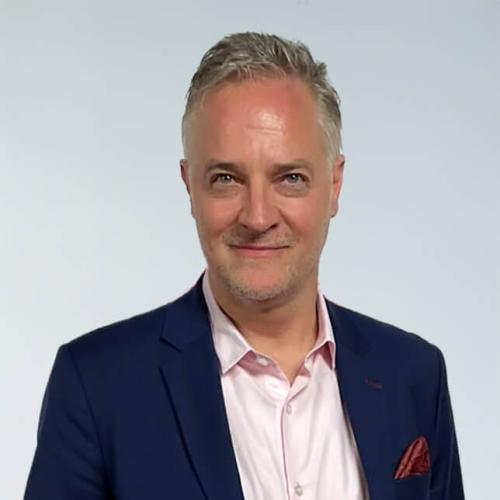
Dr. Bernhard T. Streitwieser
Co-Chair; Director of UNESCO Fellows Program
Dr. Streitwieser is an Associate Professor of International Education and International Affairs; director of the UNESCO Fellows program; and co-director of Refugee Educational Advancement Laboratory (REAL). His research looks comparatively at the impact of globalization on the internationalization of higher education.
Dr. James Williams
Chair Emeritus
Dr. Williams serves as Director of GSEHD's International Education Program and is a faculty member of both GSEHD and the Elliott School of International Affairs, where he teaches graduate classes on education and development; education policy in developing countries; education of marginalized communities; education in emergencies; and international/comparative education.
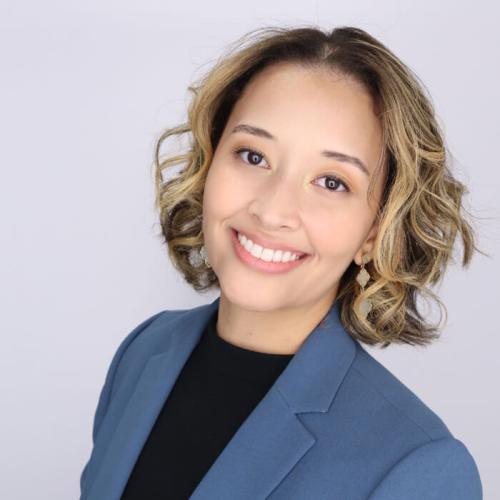
Celia Pena-Gomez
Program Coordinator, International Education Program & Advanced Studies Program for International Visiting Scholars
iep![]() gwu [dot] edu (iep[at]gwu[dot]edu)
gwu [dot] edu (iep[at]gwu[dot]edu)
2129 G Street, NW, Washington, DC 20052
202-994-9283
GW UNESCO Program In the News
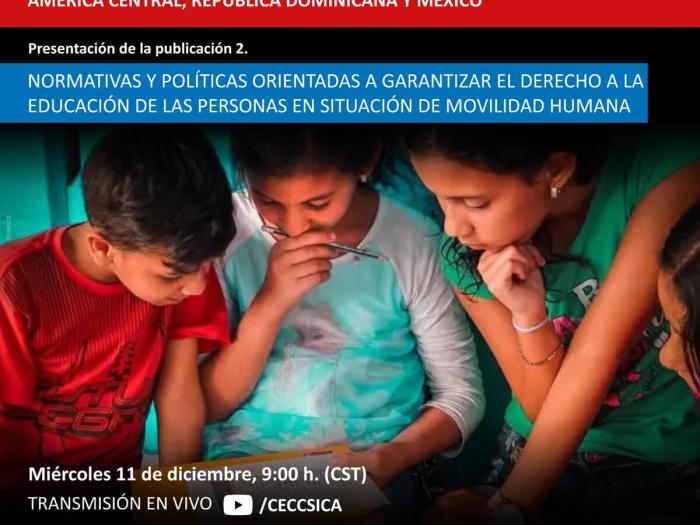
Dr. Engel Co-Authored Two UNESCO Publications
December 10, 2024
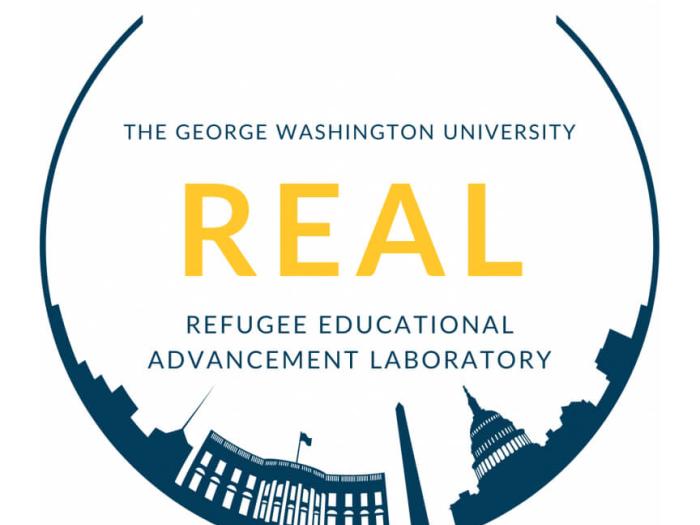
GW University Seminar Grant Awarded to REAL Lab
August 23, 2024


